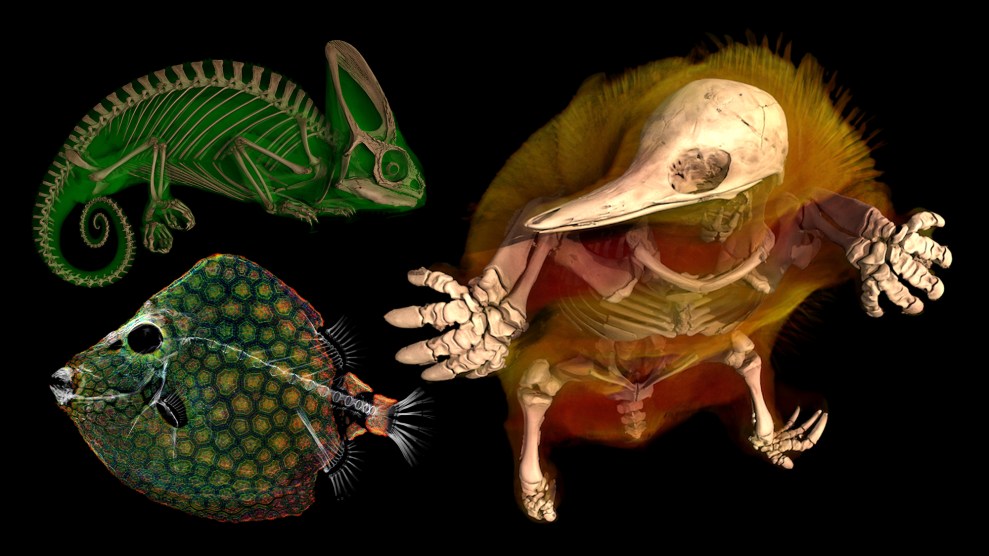A few days ago, MG Siegler unleashed an epic rant about the Wall Street Journal failing to give him proper credit for a piece he wrote. Here’s a taste:
I broke the news that Apple acquired the app search/discovery platform Chomp at 4:01 PM today. At 6:06 PM — over two hours later — WSJ reported the story as well. But oddly, with no mention of my original story.
This was odd both because, again, I reported the same information two hours earlier. And because it was at the top of Techmeme, which everyone in the industry reads. And every single other publication linked to my story.
[Blah blah blah]
Spare me. If you report out a big story that no one else was working on, then credit is due when others follow up your trail. But guess what? If you report a simple fact and happen to get it two hours before the rest of the world, no one cares. Journalists continue to be unhealthily obsessed by whether they reported a piece of news 15 minutes before every other news outlet in the world, but no one else is. And that’s doubly true when it’s a minor piece of commodity news. Does Siegler seriously think that everyone who reports on the Chomp acquisition for the next month should give him mad props for being the first by a couple of hours? Get over yourself.
I didn’t bother ranting back about this at the time, but Felix Salmon reminded me of it today, and he comes to roughly the same conclusion in much more measured tones and a couple thousand more words:
As for crediting the news organization which broke some piece of news, that’s more of a journalistic convention than a necessary service to readers. It’s important enough within the journalism world, at least in the US, that it’s probably a good idea to do it when you can. But most of the time it’s pretty inside-baseball stuff. And in the pantheon of journalistic sins, failing to do it is not a particularly big deal. What’s much more important is that your reader get as much information as possible, as efficiently as possible. Which means that if you’re writing about a document or report, you link to that document or report. Failure to do that is a much greater sin than failure to link to some other journalist.
So while sometimes the failure to link is unavoidable, I look forward to a time when journalists face much more criticism for not linking to primary documents than they do for not linking to some other news organization which got the news first.
Yep. Always link to primary sources if you can. Give credit for major stories. But commodity news? I guess Felix is right to say that it’s “friendly and polite” to link to whoever put it up first, but I think that’s about it. If you don’t do it, it’s no big deal.
POSTSCRIPT: I should mention that I’m probably an outlier on this issue at Mother Jones. Writers at smallish publications routinely get annoyed when big news outlets follow up on something they wrote but don’t give any credit. I understand the annoyance if the big pub basically does nothing more than rewrite the original story, but not so much if they add their own original reporting. Ideas don’t belong to anyone, and readers don’t much care where the inspiration for a story came from. Once it’s out there, it’s out there.

















